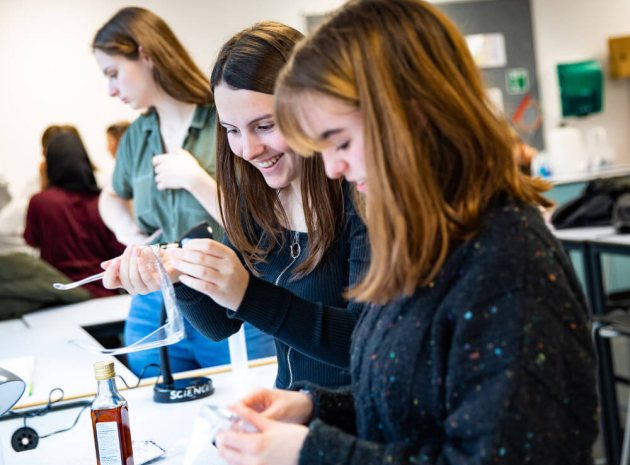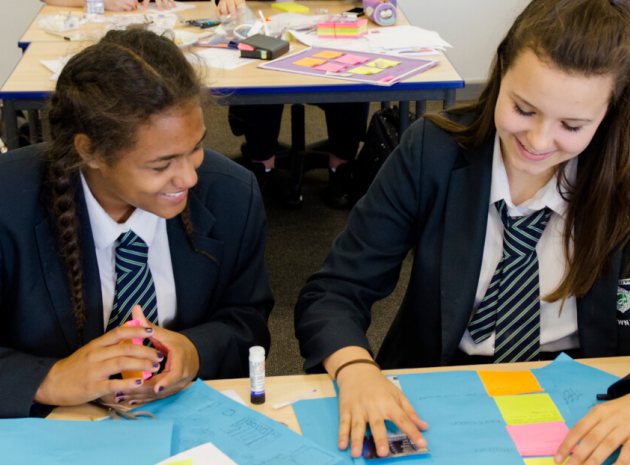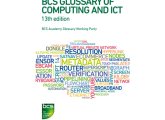The British Science Association is offering grants of up to £700 for school activities during next year’s British Science Week, which runs 5-14 March 2021.
The Kick Starts Grants scheme offers some schools an extra pot of funding to help them make British Science Week even more special for students.
British Science Week is an annual ten-day celebration of science, technology, engineering and maths in which schools, community groups and the public can take part.
Next year’s theme is innovating for the future – reflecting 2020’s unprecedented times – with a focus on how we can use science and creativity to solve problems and create a better future for everyone.
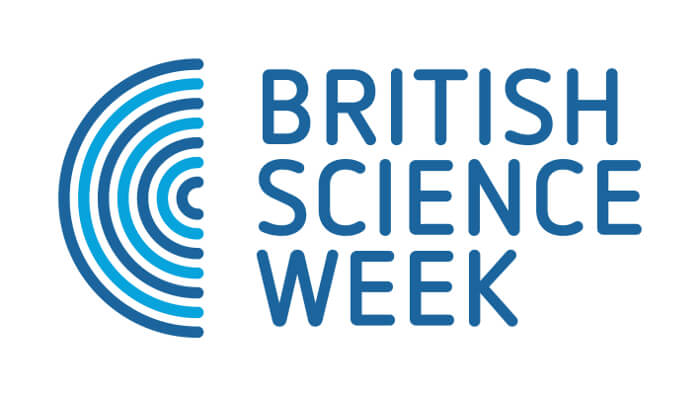
Three types of Kick Start grants are available for schools in challenging circumstances that meet one or more of the following criteria: more than 30% of students eligible for pupil premium or the equivalent measure in Scotland, Wales and Northern Ireland; that have more than 30% of pupils from ethnic minority backgrounds or are a small school based in a remote or rural location.
The grants available include:
• Kick Start Youth grant of £150 for school activities organised by students;
• Kick Start grant of £300 for school-organised activities;
• Kick Start More grant of £700 for school activities involving the local community.
Teachers can find out more and apply here. Applications need to be received by 17.00 on Monday 9 November 2020.
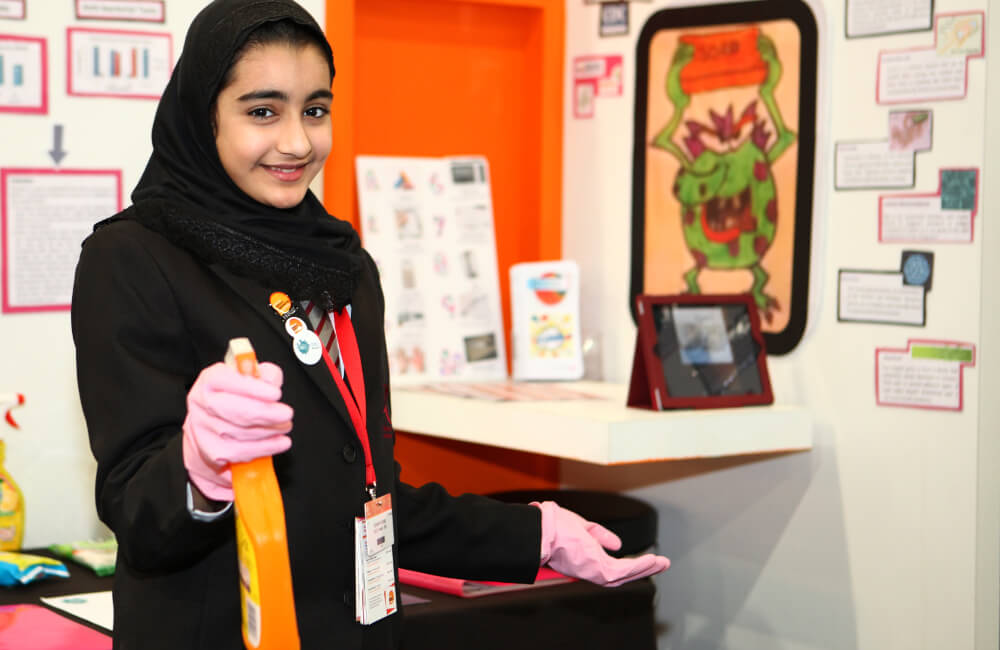
“We’re especially keen for schools to apply for activities that will engage children who don’t usually choose to do science; that challenge science stereotypes; and are cross-curricular,” says Liz Jeavans, Education Innovations Manager at the British Science Association.
“We understand that it could be a little more difficult with social distancing restrictions, so you don’t need to run an actual event to be eligible. There are lots of ways to create a successful activity. For example: organising a quiz about some of our amazing everyday stereotype-smashing scientists or holding a virtual activity that includes a live chat with a real life scientist.”
The BSA’s British Science Week team has put together a booklet of case studies from schools who were awarded funding last year, which includes examples of activities plus teachers’ tips on applying.
For example, Ysgol Penmaes specialist education school for young people aged 3-19 with learning difficulties ran a whole school science day including activities suited to individual needs, both in class and set up around the school.
Students spent as much time as they liked on individual and group activities to develop their curiosity and investigative skills.
One of their teachers said: “We involved parents, volunteers, staff and pupils in whole school planning and it was an opportunity to raise awareness of science and the resources available. My advice would be to choose activities suitable for pupils in your school setting, but don’t limit it to the ones you think they’ll be able to do, include some of the trickier ones, you’ll be surprised!”
For more inspiration, teachers can read the full case studies from other schools or download free activity packs here.
If you have any questions or need help with your application, please contact bsw@britishscienceassociation.org or visit britishscienceweek.org.
You can also follow British Science Week on Twitter at @ScienceWeekUK and on Facebook at @ScienceWeekUK.


